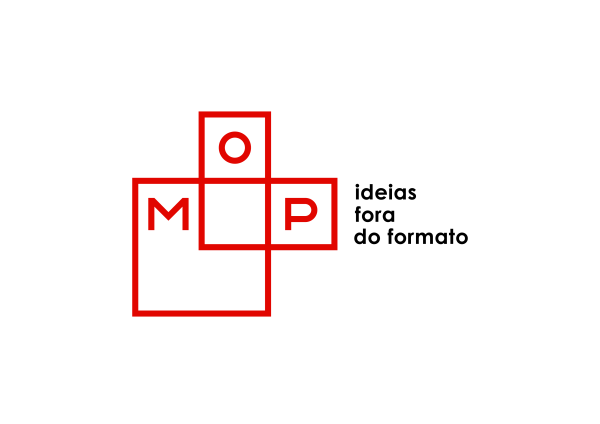The 5th edition of BoCA - Biennial of Contemporary Arts, which takes place simultaneously in Lisbon and Madrid, proposes a journey across Iberia that challenges the boundaries between geographical territories, cultures, imaginations and artistic practices.
BoCA 2025 arrives as the cultural event that best represents the Iberian art scene, encompassing diverse artistic disciplines — performance, visual art, music and cinema — and over 30 cultural institutions across Lisbon and Madrid — theatres, museums, cultural centres, cinemas and monuments. Through this borderless cultural and geographical reconfiguration, the Biennial builds a stage that is both singular and plural, reflecting voices from the artistic and cultural fabric of both countries and fomenting contemporary artistic production in an international context. By inviting artists from diverse backgrounds to try out new collaborations and formats, enter into dialogue with communities and journey across artistic terrain, BoCA embraces the encounter with the “other” as a political and artistic practice of alterity. It is in this context that BoCA has commissioned and presents unique projects — including world and national premieres — that challenge borders, be they geographical or political, creative or experimental.
From accounts that depict the relationship between territory and identity, to experiments that rewrite hegemonic narratives, each project in our programme travels along roads of flight, transformation and discovery. Be it in the anxiety of borders, the revelation of memories or the construction of worlds where the real and unreal intertwine, the BoCA 2025 programme proposes a journey that challenges conventional perceptions and invites us to reflect on the position of the artist and the spectator in a world in perpetual drift: an Unreal Road (Camino Irreal).
Originally, the term Camino Real emerged in Spain to describe an official network of royal roads that developed from the 16th century onwards, based on routes — Roman, medieval and commercial — that already existed. Connected to the consolidation of the monarchy and the expansion of the overseas empire, these highly protected “regal (real) roads” were privileged pathways for pilgrimage and communication, contributing significantly to the spread of language, religion and Spanish culture through the colonies.
For BoCA 2025, I proposed — in step with the spirit of our times and following the essence of BoCA — a distortion of the ‘regal’ (‘real’) into the ‘unreal’, resulting in the title of this edition: Camino Irreal or Unreal Road. On one hand, this is a road that embraces diversions from official, conventional routes, inviting us to lose ourselves and explore imagination and resistance, thus encouraging the creation of new realities. In a world in which polarisation and post-truth influence our perception of what is real, and in which our beliefs and values are drowned out by noise, the unreal arises as a place of refuge, listening and care. The Unreal Road is a fertile ground for reimagining the world through artistic acts. The Unreal Road alludes to both a physical and geographical shift, which in this edition is represented by the biennial operating between Lisbon and Madrid, but also a symbolic and discursive shift, in alignment with BoCA’s curatorial identity. In 2025, we continue to invite artists to risk deviation, suggesting new pathways and ideas within their creative practice far from the areas they are used to working in, while also proposing a range of artistic dialogues, of meetings halfway, between one and the other, between artists in Portugal and Spain.
The BoCA 2025 programme encompasses three strands that translate the artistic and institutional relationships activated between Lisbon and Madrid. The first is the revival of working partnerships between Portuguese and Spanish artists, such as in the project by Elena Córdoba and Francisco Camacho, which dates back to an artistic residency they undertook in 2015 at Festival Citemor, and which they now pick up again, ten years later, to consolidate that original gesture; Tânia Carvalho also reunites with Rocío Guzmán, here as part of a series of residencies leading to a new work. The second strand relates to an appreciation of the sparse institutional relationships maintained between Lisbon and Madrid, an example of which is the close partnership between Cinemateca Portuguesa and Filmoteca Española, who host the film cycle “Tainted Love” by João Pedro Rodrigues and João Rui Guerra da Mata. The third strand consists in the forging of new artistic relationships and institutional partnerships, namely co-productions and exchanges between institutions in Lisbon and Madrid, spanning theatres, museums, cultural centres, cinemas and heritage sites. This enmeshed dynamic between the two cities and countries reveals the richness and complexity of an Unreal Road that unfolds, defying geographical and conceptual borders and conveying artistic production into new territories.
Tiago Rodrigues, Patrícia Portela, Angélica Liddell and Rodrigo García have created original performances for the Museu Nacional do Prado, in Madrid, “Words and gestures: for a performative collection at Museo del Prado”, entering into a close dialogue with the museum via a nighttime walking route that connects the languages of theatre, dance and painting. Within the same concept of dialogue between performance and visual art, we present, with TBA, a meeting between two other artists: Spanish stage writer and director Alberto Cortés and Portuguese painter João Gabriel. They have created the piece “Os Rapazes da Praia Adoro”, which imagines the meeting of two bodies as an encounter between cultures, on an imaginary beach equidistant between Lisbon and Madrid.
In a format new to his career, we have invited Dino D’Santiago to write an opera, “Adilson”. With a libretto based on an original text by Rui Catalão and under the musical direction of Martim Sousa Tavares, the work is, in the artist’s words, “a portrait of a society that makes a bureaucracy of existence and a labyrinth of personal identity”, addressing the real-life story of Adilson and other migrants kept waiting, year after year, for documents to prove their identity, dignity and freedom. The acts of waiting and immigrating are also depicted in the work of Colombian photographer Felipe Romero Beltrán, which we present for the first time ever in Portugal. Using the body as a metaphor, “Dialecto” brings together video works, installation and photography in a political and poetic exhibition that portrays the bureaucratic oppression faced by Moroccan teenagers on their arrival in Spain. What defines, and who defines, where we belong? Raquel André, in her film-concert “Belonging”, questions the idea of belonging via the mapping — genetic, social, political, cultural and intimate — of various individuals. May a border constrain the development of relationships and identities, but also, conversely, provide terrain for fluidity and permeability to the other? Through research conducted in the field, in the zone of friction and cultural coexistence at the Iberian border, Niño de Elche & Pedro G. Romero have worked with local musicians and historians on a collaborative project that seeks to restore folk culture’s potential for hybridity, conflict and reinvention. This concert and conference-performance will be presented in both Lisbon and Madrid, as will the joint concert between Portuguese multidisciplinary artist Tânia Carvalho and Andalusian artist Rocío Guzmán, who explore — between Portuguese and Spanish, between melancholy and forcefulness — the affinity between their musical languages and performative worlds. Memory is also a site where paths cross — and it is through impressions and details they hold in their memory, as spectators of each other’s pieces, that the choreographers and dancers Elena Córdoba and Francisco Camacho have created “Uma ficção na dobra do mapa”. Also between memory and the present, visual artist Ana Pérez-Quiroga presents her first film. Asking the question “¿De qué casa eres?”, it is a portrait that explores the connection between mother and daughter, based on the story of Angelita Pérez.
Angolan artist Kiluanji Kia Henda offers us a striking look at the diaspora and the search for a “north” that often ends up an illusion. In “Coral of Bodies without North”, the artist invites us to walk through a labyrinth that reflects the experience of migration as a “pemba/mbindi”, a kind of bewitchment that traps us in a vicious cycle of departures and homecomings. In both the stage piece, at TNDMII, and the large-scale installation presented at Praça do Carvão, outside MAAT, the metallic maze invites the public to become foreigners, exploring displacement and uncertain destinations.
In BoCA 2025 we present a set of works with a profound interest in exploring spirituality and rituality, reinterpreted through diverse lenses. In “13 Alfinetes”, a short film commissioned from João Pedro Rodrigues and João Rui Guerra da Mata and shot between Lisbon and Madrid, faith and devotion are filtered through an ironic, sensual gaze, questioning the place of the sacred in a secularised world. Marcos Morau revisits, in “Totentanz”, the medieval tradition of the “danse macabre” as a collective ritual for our times, confronting us with the fragility of life and the mystery of mortality in a world where violence has been normalised. The Spanish choreographer Candela Capitán debuts in Lisbon with the piece “SOLAS” — a dive into the digital world that reveals the alienation and eroticisation of the female body in an era of hypervisibility, questioning rituals of surveillance and exposure on social networks. Finally, “Ocean Cage” marks the return of Chinese artist Thianzuo Chen to Lisbon, in dialogue with Indonesian choreographer and dancer Siko Setyanto. This immersive piece transports us to an ancestral whale hunting ritual on the Lamalera coast, in Indonesia, exploring interspecies interdependence and the search for a justice that is more than human, bringing together tradition, ecology, spirituality and technology. Premiering in Portugal, the Catalonian musicians and choreographers Aurora Bauzà & Pere Jou present “A Beginning” at the Panteão Nacional, a piece that blends song and choreography to explore the tension between individual and collective, in a sensory, poetic experience. Through these non-linear pathways, these works challenge us to question our beliefs and rituals, confront our fears and reimagine our place in the world.
Further exploring the interdependence between artistic practices and the natural world, BoCA has invited artist Adriana Proganó to create an installation for a natural public space. “Echoes of whispers, plimplim” invites the audience not only to see but to listen, expanding their sonic perception via the soil. Meanwhile, “Yo No Tengo Nombre”, a performance-installation presented by Catalonian collective El Conde de Torrefiel in the Estufa Fria over various daily sessions, inverts the relationship between observer and observed, suggesting a means by which nature can become protagonist and narrator. For its part, the performance series “Quero ver as minhas montanhas”, inspired by the legacy of Joseph Beuys and his vision of art as a driver of social change, features artists such as Isabel Cordovil and Gemma Luz Bosch treading the pathways of the “self”, their own mountains, through ephemeral interventions in natural spaces in Lisbon and Madrid.
The poetry of Mexican artist Elvis Guerra, delivered in Zapotec language, invites us to follow an “Unreal Road” through language and culture, exploring the muxe identity and the traditions of the Isthmus of Tehuantepec, reviving ancestral memories and upholding their inheritance. The performance of Guatemalan artist Naufus Ramírez-Figueroa, “De Espiral em Espiral”, traces an “Unreal Road” through time, revisiting colonial letters as symbols of control and resistance, subverting the scars of the past and conjuring a spiral of renewal. Meanwhile, Lisbon-based Spanish artist Julián Pacomio, with “Toda la Luz del Mediodía” and “Os Teus Mortos”, offers a solar cycle: exposing the different intensities of sunlight and its influence on body and spirit, he invites us to embrace darkness as a fertile space for transformation and honouring the dead.
BoCA 2025 also pays homage to those who forge new, defiant paths, setting an example of courage, inspiration and resilience. Transforming the Panteão Nacional into a kind of expanded courtroom, Milo Rau and Servane Dècle present “The Pelicot Trial”, a tribute to Gisèle Pelicot that transforms shame into denunciation and pain into a fight against gender violence. “Alcindo Monteiro”, by Argentinian Gabriel Chaile, travels to Madrid — an oven-sculpture that keeps alive the memory of a Portuguese youth murdered in a racist attack, activated through performances by local artists and communities in the neighbourhood of Lavapiés. And with “The Spirit Lamp”, Chrystabell invokes the visionary legacy of David Lynch in a performance-concert, presented in Lisbon, that reveals the mystery and love running through the close musical collaboration the two kept up for over a quarter of a century.
John Romão
Curator
-
John Romão Curatorship BoCA 2025
-
Suzanne Marivoet Executive direction
-
José Maria Cortez Production direction
-
Lorenzo Pappagallo BoCA Madrid Coordination
-
Rita de Neves Dias Administration
-
Inês Sampaio, Olivia Portellada, Filipe Metelo, Ira Leite Velho Executive Production (Lisbon)
-
Marisol Perez, Lucia Mancheño, Patricia Torrero Executive Production (Madrid)
-
Rita Matos Dias Production of documentaries
-
Daniel Guedes (Lisboa), Ana Caballero Menéndez (Madrid) Production assistance
-
Carlos Arroja | Art of Light Technical direction (Lisbon)
-
Matxalen Díez Technical direction (Madrid)
-
Maria Barbosa de Carvalho Communication
-
Claudia Galhós Documentation and interviews
-
This is Ground Control Media Relations (Lisbon)
-
Cult Project Media Relations (Madrid)
-
Inês Le Gué Diffusion
-
Sara Franqueira BoCA Sub-21 Coordination and Mediation (Lisbon)
-
Sara Coelho Galán BoCA Sub-21 Mediation (Madrid)
-
Ana Resende Studio BoCA Identity 2025
-
Miguel Santos Design
-
Bruno Simão Photography (Lisbon)
-
Raimundo Pérez-Messina Photography (Madrid)
-
Waves of Youth Audiovisual recording and documentaries
-
António Borges da Costa Mendes, Joseph Owen Translation
-
Contas ao Cubo Accounting
-
PLMJ Legal support
-
Espaço BoCA
Address:
Entrance at Rua do Instituto Industrial 14, 1200-225 Lisbon.
Ticket office, information and shop:
Thursdays and Fridays, from 3.30pm to 7.30pm
Programme days:
Doors open 2 hours before. -
If you have any questions, please contact us at
-
Press Office (Lisbon)
Cláudia Duarte
claudia@thisisgroundcontrol.pt -
Press Office (Madrid)
Elvira Giménez and Angela de la Torre
info@cultproject.com -
International diffusion
Inês le Gué | jardin&cour
ineslegue@jardincour.com
-
Institutional support
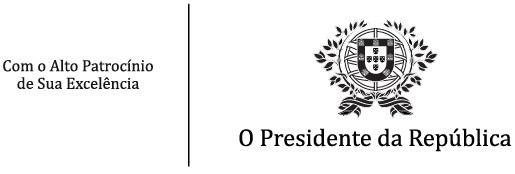
-
Funding
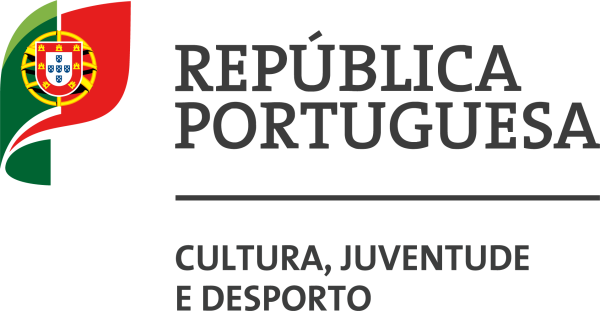
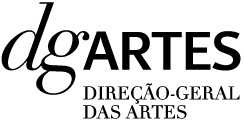



-
Support for the education programme
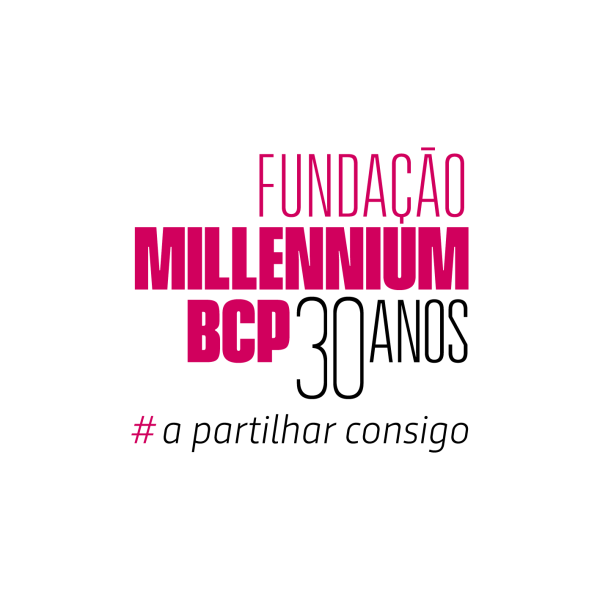
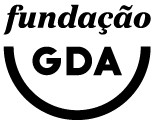
-
Support

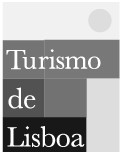
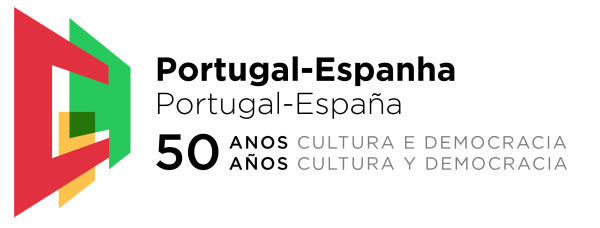

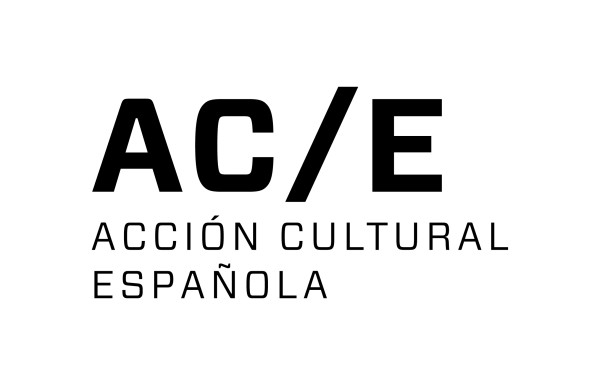



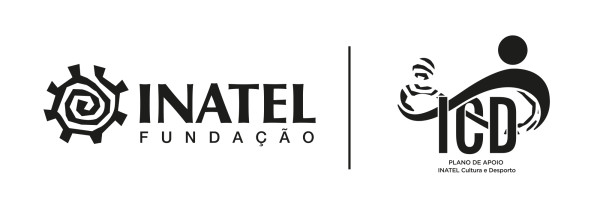






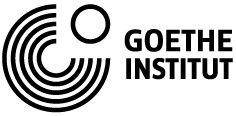
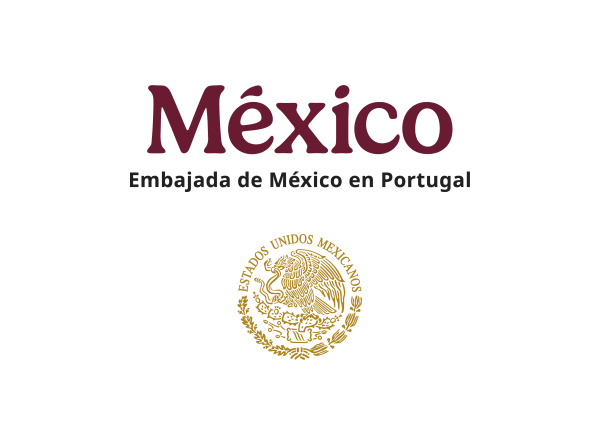

-
Programming partnerships

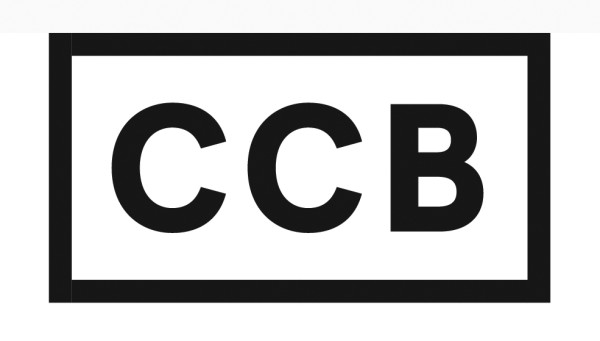
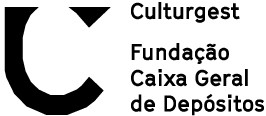






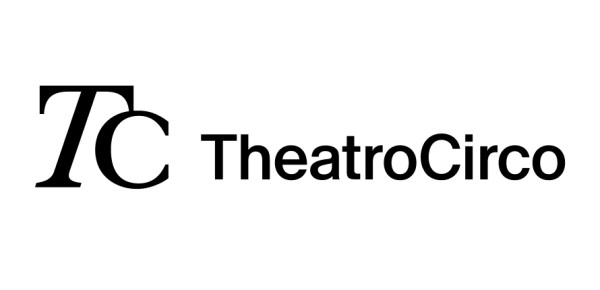
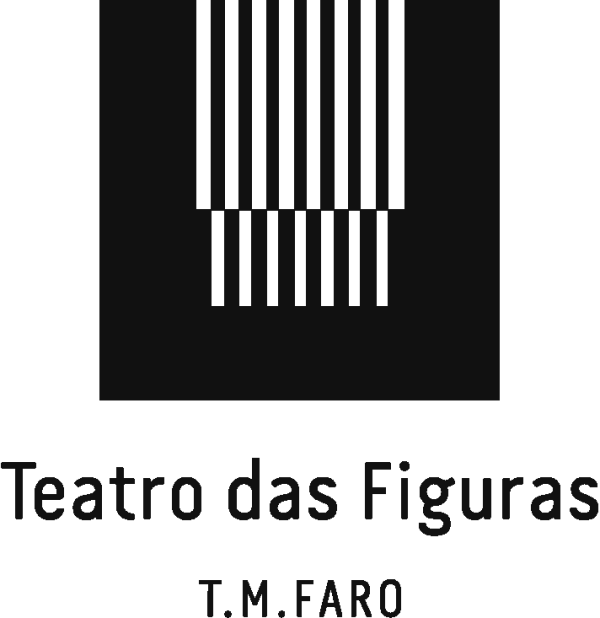
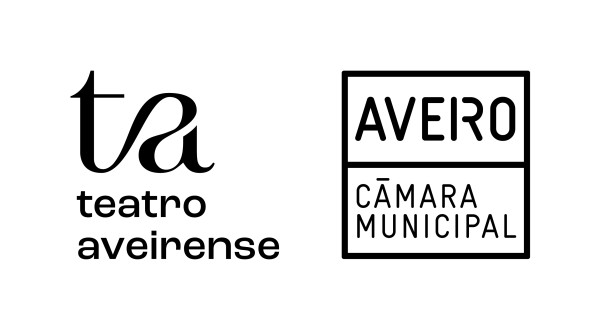

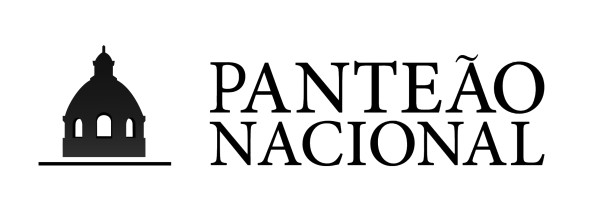

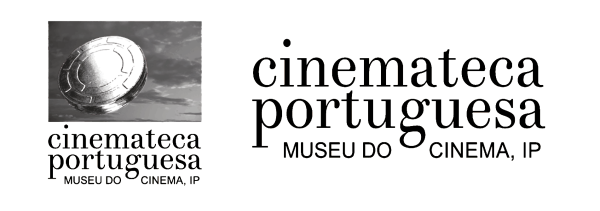

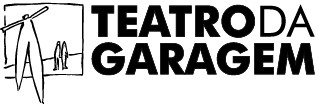
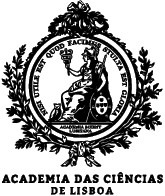
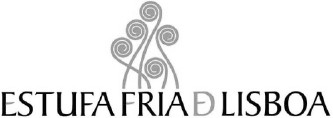
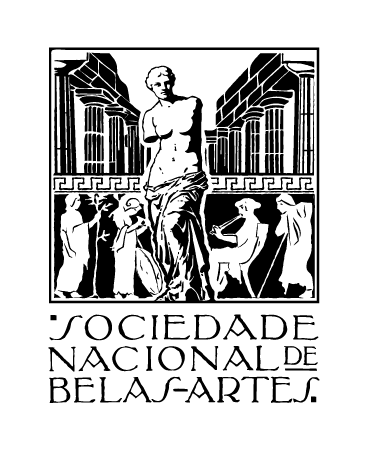


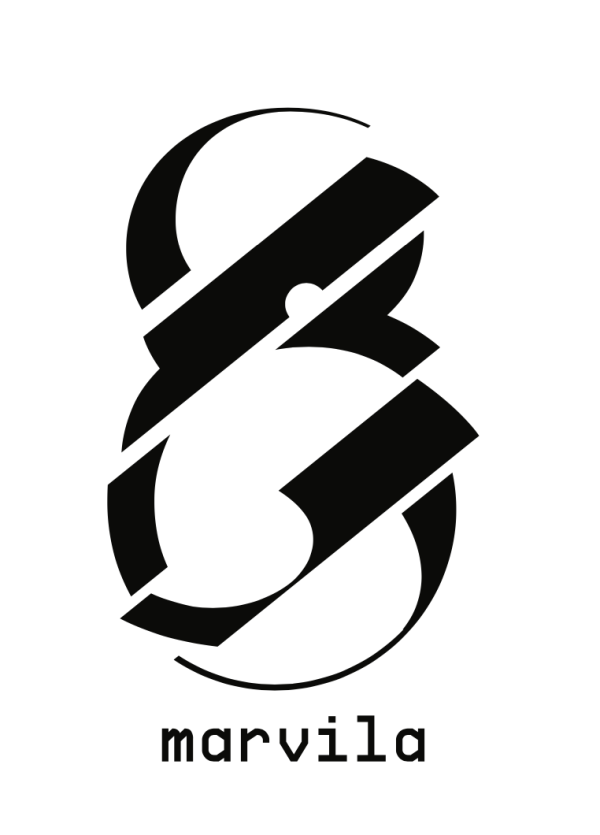



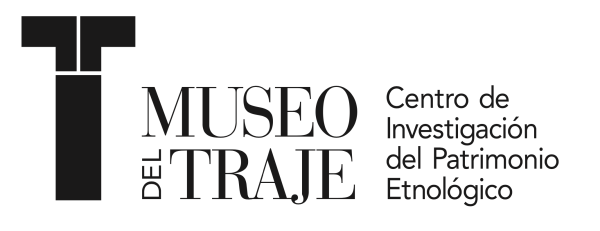



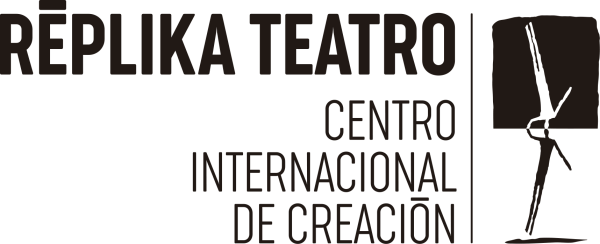


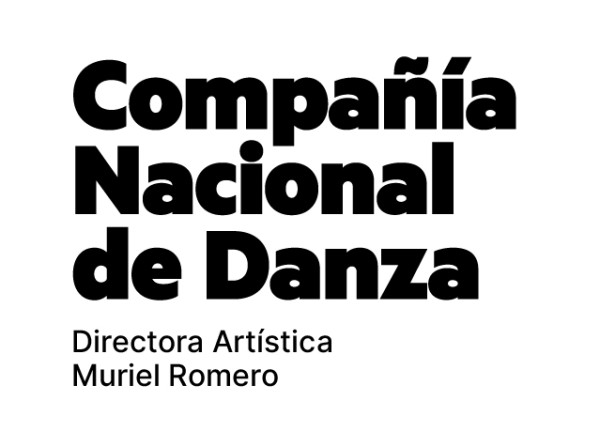
-
Media partnerships




-
Promotional partnership
